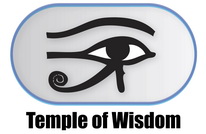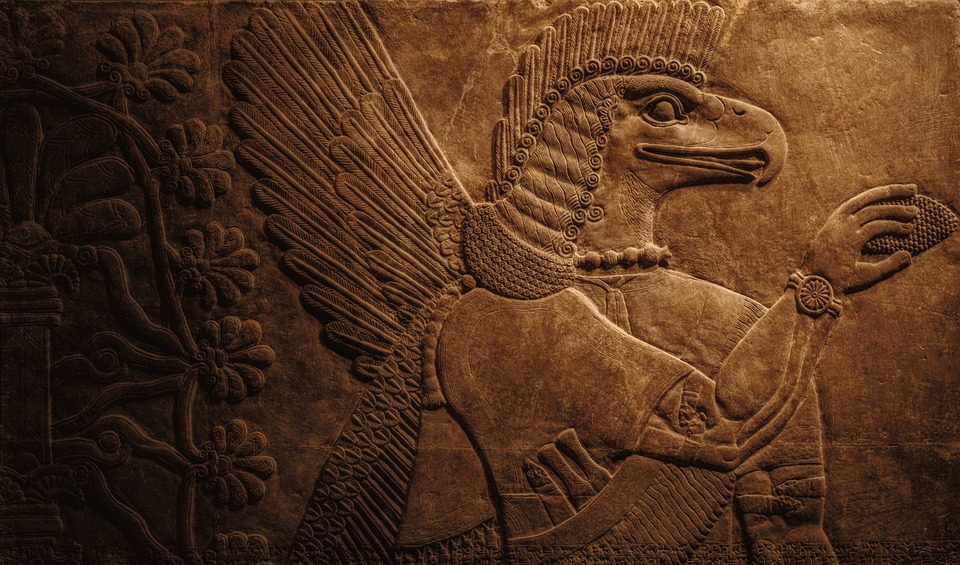
Moses is a central figure in both the Torah and the Talmud. He is considered one of the most important figures in Jewish history and is regarded as a prophet and lawgiver. The Torah and the Talmud contain many stories of Moses’ interactions with the Israelites, including instances where he disagreed with them on various issues. This essay will examine some of the issues that Moses disagreed with the Israelites and how he handled those disagreements according to the Torah and Talmud.
One of the most well-known disagreements that Moses had with the Israelites was their worship of the golden calf. This story is found in the book of Exodus, chapter 32. After Moses went up to Mount Sinai to receive the Ten Commandments, the Israelites became impatient and asked Aaron to make them a god. Aaron made a golden calf, and the Israelites began to worship it. When Moses returned from the mountain and saw what was happening, he became angry and smashed the tablets of the law.
Moses then confronted Aaron and the Israelites about their behavior. He asked Aaron why he had made the golden calf, and Aaron responded by blaming the people. Moses then called upon the Levites to kill those who had been involved in the worship of the golden calf. According to the Torah, three thousand people were killed that day.
While Moses’ anger and punishment of the Israelites may seem harsh, it is important to understand the context of the situation. The Israelites had just witnessed God’s power and majesty at Mount Sinai, yet they still turned away from him to worship a false god. Moses’ actions were meant to reassert the importance of following God’s commandments and not falling into idolatry.
Another issue that Moses disagreed with the Israelites on was their complaints about the manna that God provided for them in the wilderness. In the book of Exodus, chapter 16, the Israelites complained to Moses about their lack of food. Moses then went to God, who provided them with manna, a miraculous bread that fell from heaven. However, the Israelites soon grew tired of the manna and began to complain again.
In Numbers, chapter 11, the Israelites complained to Moses about their diet of manna. Moses became frustrated and asked God to provide them with meat. God then sent quail to the Israelites, but in the process, many of them became sick and died.
Moses’ handling of this situation shows his compassion for the Israelites. He understood their complaints and went to God to ask for help. However, he also recognized the importance of following God’s will and not grumbling or complaining. Moses’ solution to the Israelites’ complaints was to pray to God and trust in his provision, rather than giving in to their demands.
Another instance where Moses disagreed with the Israelites was in the story of Korah’s rebellion, found in Numbers, chapter 16. Korah, a Levite, along with a group of 250 other men, challenged Moses’ authority and claimed that he was acting unjustly. Moses responded by telling them to bring their censers with incense and stand before the Lord. When they did so, God caused the earth to open up and swallow Korah and his followers, as well as their families and possessions.
This story highlights the importance of following God’s appointed leaders and not rebelling against them. Moses was chosen by God to lead the Israelites, and his authority was not to be questioned. Korah’s rebellion was a direct challenge to God’s authority and Moses’ leadership. Moses’ response was to trust in God and rely on his power to deal with the situation.
One final issue that Moses disagreed with the Israelites on was their lack of faith and trust in God. Throughout their journey in the wilderness, the Israelites often complained and rebelled against God, even after witnessing his miraculous works. In Numbers, chapter 14, the Israelites refused to enter the Promised Land, despite God’s promise to give it to them. They were afraid of the inhabitants of the land and doubted God’s ability to give it to them.
Moses was exasperated with the Israelites’ lack of faith and trust in God. He pleaded with them to trust in God and reminded them of the miracles they had seen him perform. However, the Israelites refused to listen and were punished by being forced to wander in the wilderness for forty years until the generation that had rebelled had died off.
Moses’ response to the Israelites’ lack of faith shows his devotion to God and his belief in his power. He recognized that the Israelites’ rebellion was a direct challenge to God’s authority and that their lack of trust in him was a sin. Moses’ solution was to continue to lead the Israelites and to remind them of God’s power and promises, even in the face of their disobedience.
In conclusion, Moses’ disagreements with the Israelites in the Torah and Talmud cover a wide range of issues, from idolatry to lack of faith. However, his response to these disagreements was always guided by his faith in God and his devotion to his people. He was willing to confront the Israelites when they strayed from God’s commandments, but he also showed compassion and understanding in his dealings with them. Moses’ leadership serves as an example to us all, as we strive to follow God’s will and lead others in righteousness.







